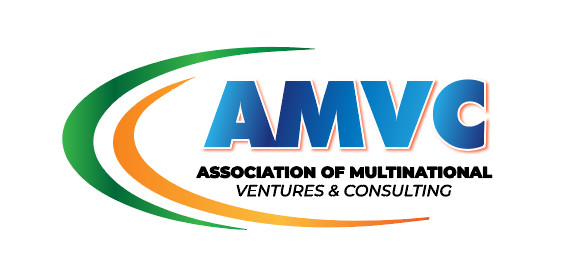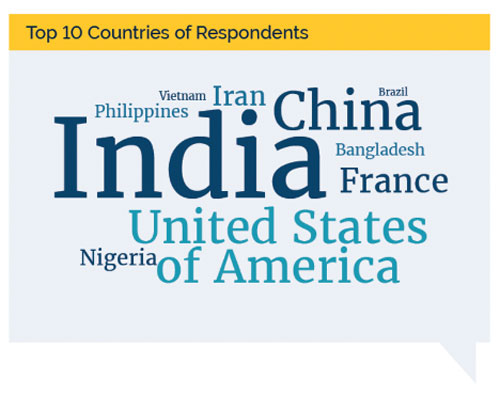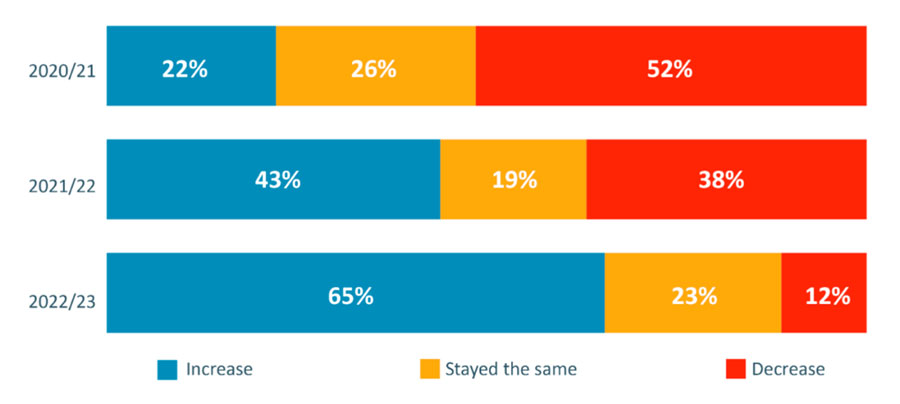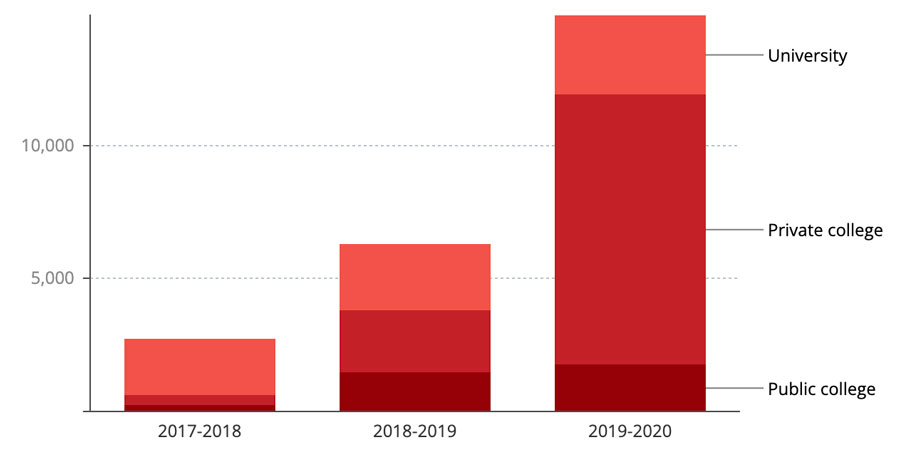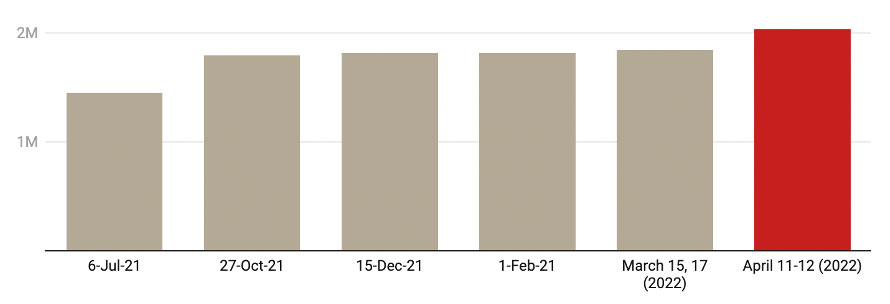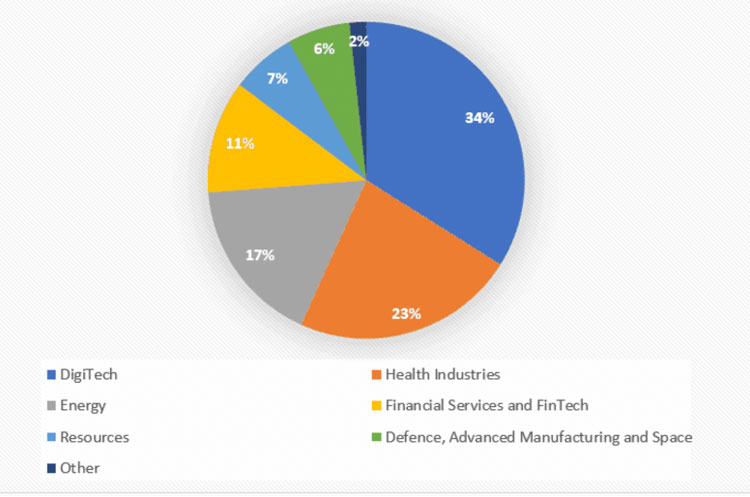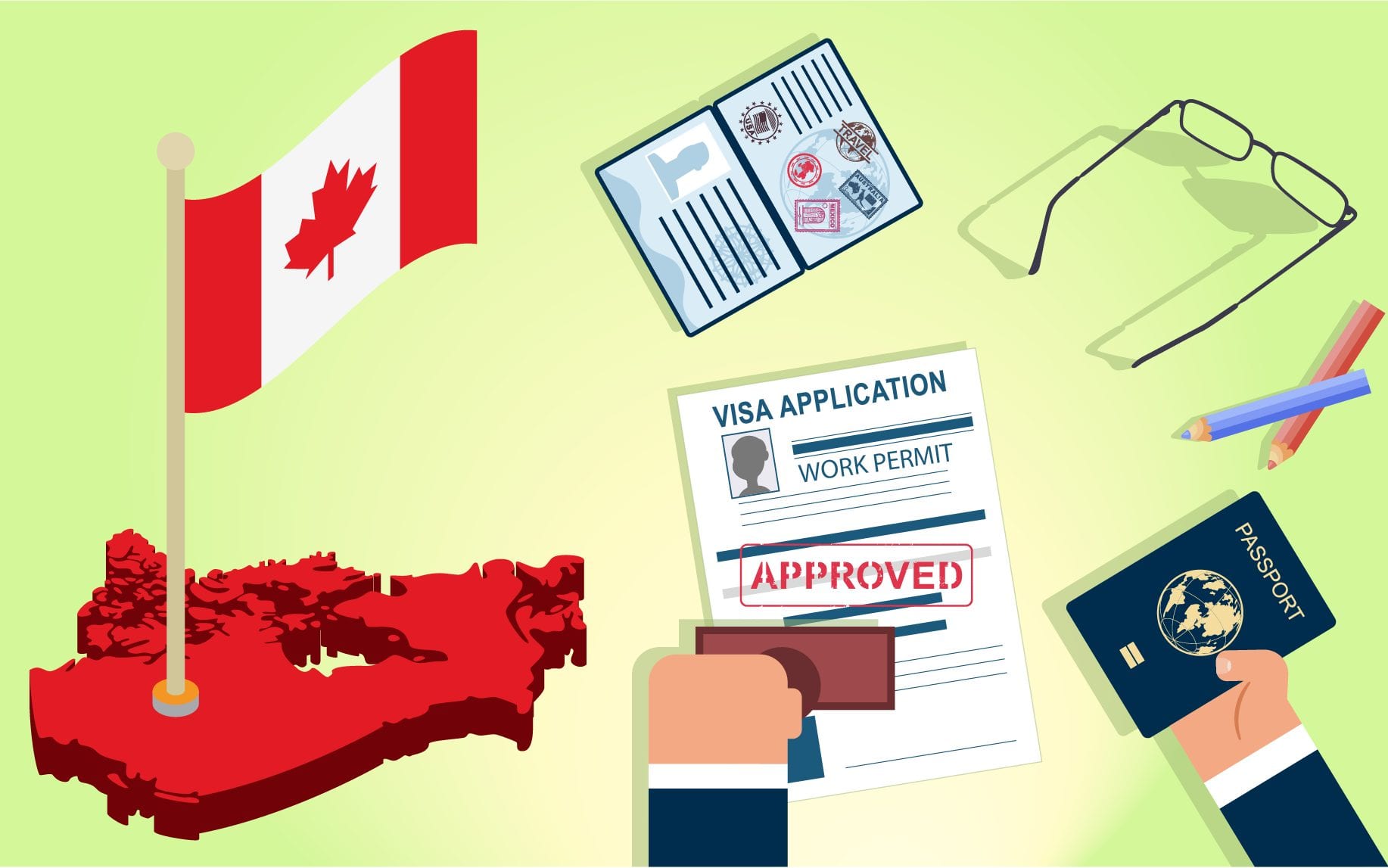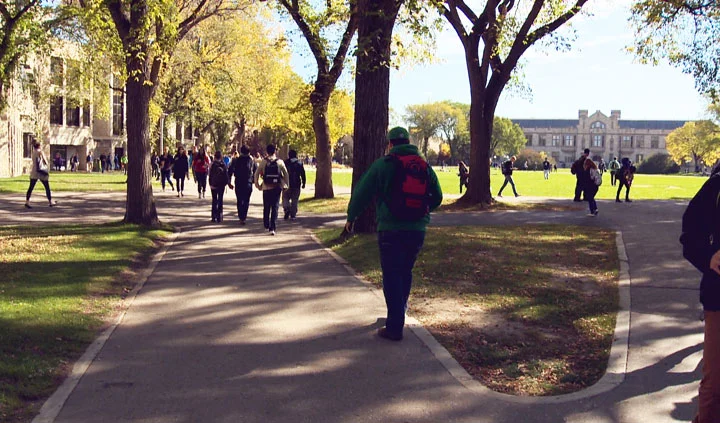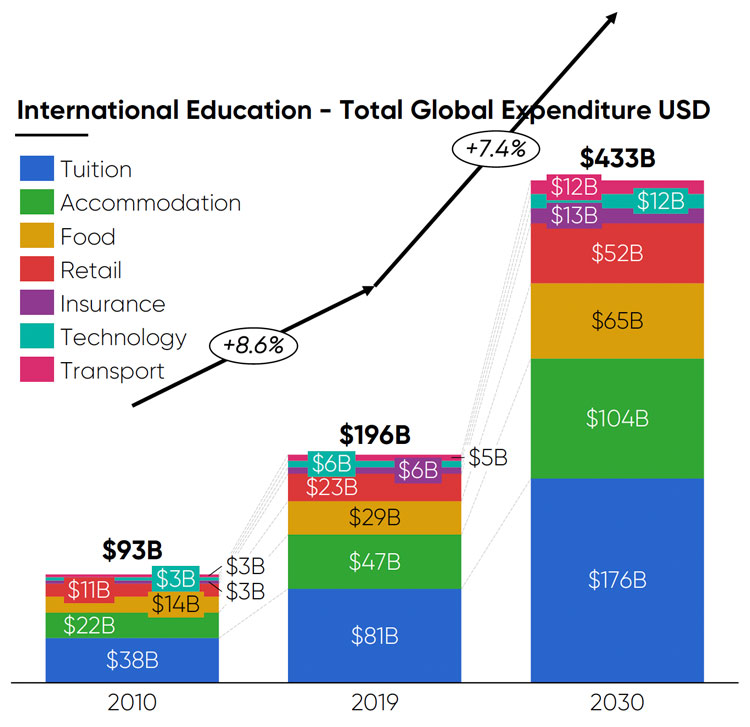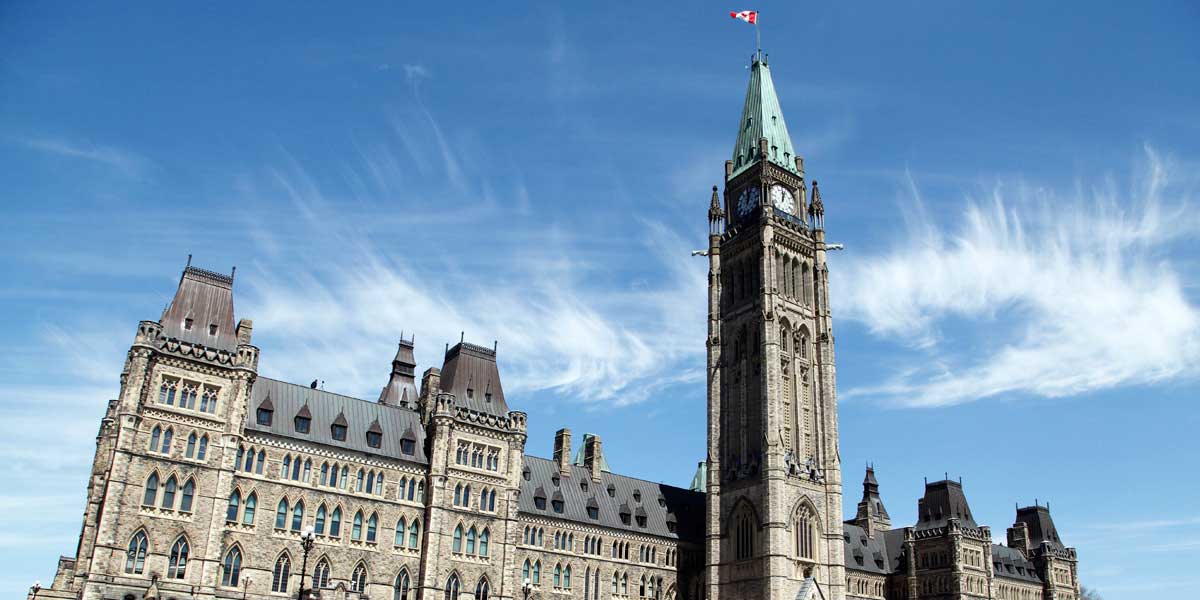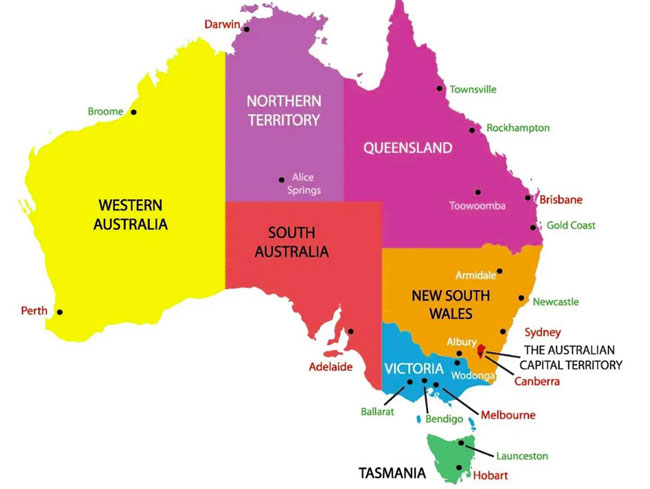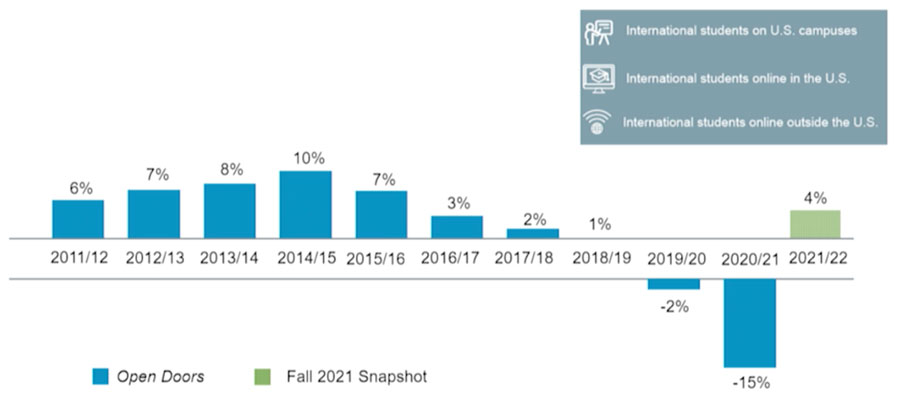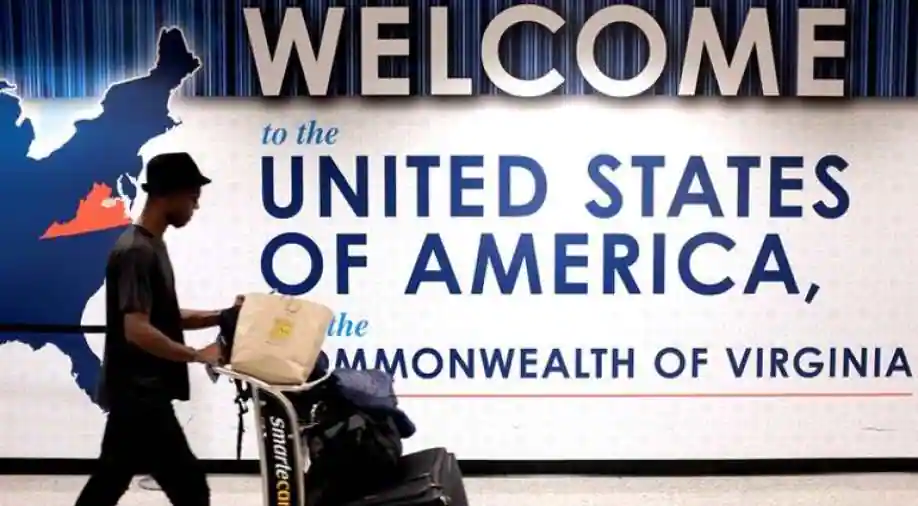International Student Intake Cap
By 2024, Canada expects to have stabilized growth and reduced the number of new international student permits it issues to about 360,000.
International students contribute significantly to the social, cultural, and economic fabric of Canada and enrich our communities. However, the integrity of the system for overseas students has come under danger in recent years. In an effort to boost income, several universities have dramatically boosted admissions, which has resulted in a rise in the number of students entering Canada without the necessary resources. Housing, healthcare, and other services are under pressure due to the sharp rise in the number of foreign students enrolling in Canadian universities. The government is pushing forward with steps to stabilize the number of international students in Canada as we strive to better safeguard them from bad actors and encourage sustainable population growth in Canada.
To address these issues, the Honourable Marc Miller, Minister of Immigration, Refugees and Citizenship, announced today that the Government of Canada will impose a cap on new international student permit applications for a two-year period. For 2024, this cap is expected to result in approximately 360,000 approved study permits, marking a 35% decrease from 2023. Provincial and territorial caps have been established based on population, ensuring fairness and addressing unsustainable growth in certain regions. Renewals of study permits won't be affected. The cap does not apply to those seeking master's and doctorate degrees, as well as those studying elementary and secondary education. Those who currently hold study permits won't be impacted.
Each province and territory will receive a portion of the cap allocation, which they will distribute among their designated learning institutions. Effective January 22, 2024, all study permit applications submitted to IRCC must include an attestation letter from the relevant province or territory. Provinces and territories are required to establish a process for issuing these letters by March 31, 2024.
These measures will be in place for two years, with a reassessment of new study permit applications for 2025 scheduled at the year's end. Meanwhile, collaboration will continue between the Government of Canada, provinces, territories, designated learning institutions, and education stakeholders to develop sustainable solutions for international student management.
Post-Graduation Work Permit Program Changes
In alignment with these reforms, changes to the Post-Graduation Work Permit Program will be implemented:
- Starting September 1, 2024, students enrolled in curriculum licensing programs will no longer be eligible for post-graduation work permits.
- Additionally, master’s degree graduates will have the opportunity to apply for a 3-year work permit. Presently, postgraduation work permit duration is determined solely by the length of the study program, which poses limitations for master’s graduates, constraining their ability to accumulate work experience and potentially pursue permanent residence.
Further adjustments include limiting open work permits to spouses of international students in master’s and doctoral programs, effective in the upcoming weeks. Spouses of international students enrolled in undergraduate and graduate programs at other levels of education will no longer be qualified.
These measures complement recent reforms to the International Student Program, aiming to support genuine students while stabilizing student arrivals and easing pressures on Canadian infrastructure.
Looking ahead, efforts will continue to facilitate pathways to permanent residence for students with sought-after skills and to explore initiatives for smoother transitions into the Canadian workforce.
Spousal Open Work Permits
Recently, the department has implemented several measures to ensure the effectiveness of the International Student Program for incoming students and the nation as a whole, including:
- Updating the cost-of-living requirement for study permit applicants on January 1, 2024, to more accurately reflect the actual cost of living in Canada. This adjustment aims to mitigate student vulnerability and exploitation.
- Since December 1, 2023, post-secondary designated learning institutions have been mandated to verify each acceptance letter submitted by applicants from outside Canada directly with IRCC. This enhanced verification process safeguards prospective students against fraud and guarantees that study permits are issued based solely on authentic letters of acceptance.
- In 2024, targeted pilot programs will be launched to support underrepresented groups of international students in pursuing their studies in Canada.
Source: Canada.ca
